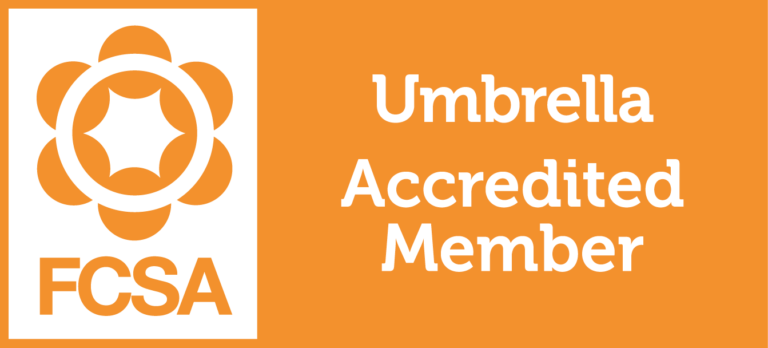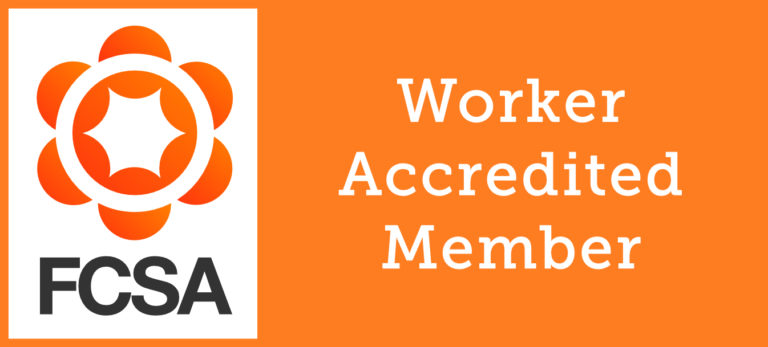
The effects of Covid-19 inside and outside of the classroom saw one of the most impactful years in education yet. When educators weren’t grappling with remote learning, disruption to normal routines and sudden isolation of pupils and staff, permanent and supply roles asked more from teaching professionals than ever before.
As vaccine confidence and lower coronavirus case volumes are prompting ministers to ease lockdown restrictions, the long-term impacts to society as a whole, and both adults and children, is yet to be quantified. However, the year ahead is sure to be filled with new and existing challenges – and creative ways to tackle each one.
Generate’s payroll specialists work with thousands of teachers every year. Here our experts share the top challenges for permanent and supply teaching staff in the next academic year, and top tips and guidance to get a head start in the coming months.
Top 3 Challenges and Solutions for Teachers in School Years 2021/2022
1. Helping SEND & Disadvantaged Students
The sudden impacts of Covid-19 were arguably felt the most by Children with Special Educational Needs and Disabilities (SEND) and those living in lower income families. The closure of schools, inability to provide in-person support services, and disruption to routines during each lockdown cut off vital lifelines for many families with SEND children. With nearly three in 10 children relying on school meals, those from lower income backgrounds became further disadvantaged following social distancing measures and parental redundancies or furlough status. Millions of pupils are now several months behind on learning, in addition to missing meals and suffering without clubs and activities.
Although many heads and teachers worked tirelessly to implement virtual learning and support programmes, and footballer Marcus Rashford’s campaign and government changes to school meals have provided some support, the effects of the pandemic will continue to be felt in the year ahead. In the next Academic year, teachers can best support those most in need by:
- Building relationships with families and carers to identify challenges before they arise and devise a collaborative approach to tackling problems
- Meeting regularly with your Special Educational Needs Coordinator (SENCO)
- Keeping up to date with SENCO guidance from expert sources such as Mencap, the National Institute for Health and Care Excellence (NICE) and the National Autistic Society
- Contacting the Independent Helpline for Special Education Needs for information, confidential advice and support
- Looking after your own mental health to ensure you are in the best possible position to support children and parents.
2. Mental Health
Alongside distracted students and disruption to lesson plans, education professionals may also feel overworked and undersupported; some more than ever before.
The long-standing teacher shortage has worsened workloads and stress levels for educators around the country: the UK currently lacks 40,000 teachers needed across primary and secondary schools. Over 40% of school governors report significant challenges in finding quality candidates for senior education roles, which has for years forced schools to create short-term solutions to the leadership shortage, and left thousands of educators without sufficient support.
However, there’s a light at the end of the tunnel. The Covid-19 pandemic increased awareness of key worker professions such as teaching, and redundancies, furlough and financial difficulties has caused thousands to turn to the public sector for more sustainable employment sources. Recent reports of an uptick in teaching applications suggest that the pandemic could actually reduce teacher recruitment shortages by up to 40%, providing much-needed trainee and teaching assistant resources in the years ahead.
With teacher staffing levels set to increase in the next few years, educators will still face challenges in the interim, however mainly from a lack of sufficient resources and staff support. Teachers feeling overwhelmed or burnt out can benefit from a number of support methods:
- Networks – Join a union or professional teaching network such as TES or the National Education Union
- Recruitment Agency – Your account manager or dedicated recruitment consultant will be able to support you with employment questions and find you replacement work if your current supply role isn’t a good match
- Counselling & Confidential Advice – Contact Education Support, the UK charity dedicated to supporting the mental health and wellbeing of education staff in schools, colleges and Universities
- Umbrella Company – Your payroll providers are contract management specialists and can help with all things legal and financial.
3. Staying Innovative & Creative
On top of the above challenges, teaching professionals will be tasked with educating and engaging students who have fallen behind, suffered from physical and mental health issues and family troubles, and are more vulnerable and distracted than ever – which will require a completely unique, flexible and creative approach.
Remote learning will have frustrated many, but the problems and innovative last-minute solutions devised in the past year can prove invaluable to lesson planning for the coming terms. Reflect and analyse the effectiveness of your classes, by taking the time to step back and honestly ask yourself:
- What challenges did you face in the transition to remote learning and how did you combat these?
- What have students been most responsive to and particularly enjoyed about both remote and face-to-face learning?
- What challenges have students faced in your classroom and what strategies, styles and support has helped most?
- What have you learned about yourself and your teaching in the past year?
Use your reflections to inform strategic lesson plans that are full of engaging activities. Games and quizzes work well for pupils of all attention level and abilities, and involving students in each lesson as much as possible, with a variety of interactive elements, will keep the energy high and focused. There are a wealth of excellent resources to support teachers across primary and secondary subjects: take advantage of free interactive worksheets and booklets from Twinkl, free lesson planning tools like Planboard and templates from Microsoft Office to save valuable time and guarantee consistency alongside creativity, even when you’re out of ideas.
Payroll & Contracting Support for Teachers
Finding this year challenging? Read our 4 Tips to Avoid Teacher Burnout.
Need help with tax, IR35 or payroll questions? Generate’s contractor management specialists help thousands of teachers every year, and we’re here to support you.











